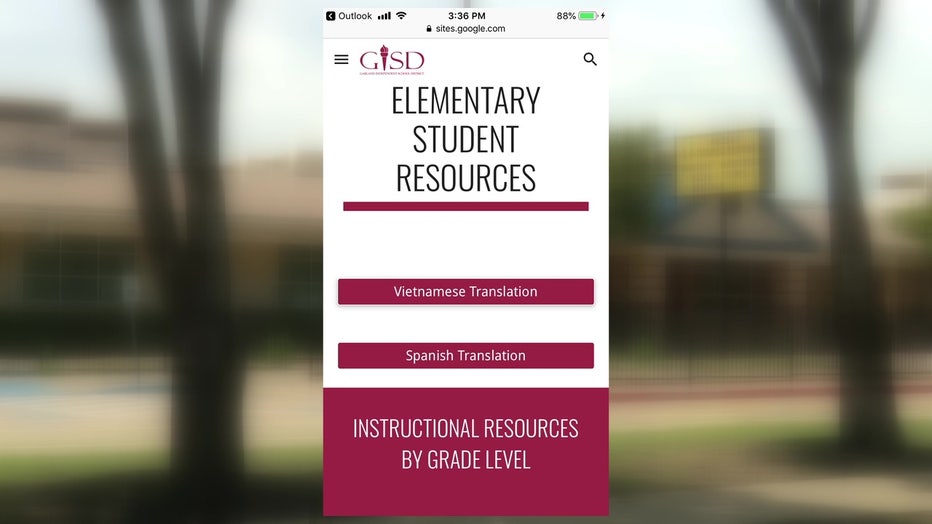Kids grounded by coronavirus need tutoring
Children all over the country are struggling with distance learning necessitated by the coronavirus outbreak. That spells opportunity for those with teaching and tutoring skills. There are dozens of online tutoring platforms actively seeking new educators to help those kids stay on track.
“Our [student] sign-up numbers have quadrupled over the past two months,” says Vivian Shen, co-founder and chief executive of Juni Learning, a math and computer science tutoring platform. “We are doubling the number of tutors on our staff and giving our existing tutors more hours.”
However, every platform is different. Some seek credentialed teachers and experienced tutors, while others allow virtually anyone with subject matter expertise to list their services.
Additionally, while some platforms provide tutoring in a wide range of subjects and for nearly any grade level, others specialize. The pay and overall treatment of freelance teachers and tutors also vary.
Here’s a look at 12 well-regarded teaching and tutoring platforms, divvied up by platform specialties. It’s worth noting that SideHusl rates platforms based on how well they serve the tutor. The top platforms for tutors, however, are also likely to be good places for parents to find skilled educators, particularly in a competitive market like this one. After all, skilled tutors have plenty of choices. They’re likely to flock to the companies that treat them the best.
Learn more about this topic by reading this article on Yahoo News.
After reading “Kids grounded by coronavirus need tutoring” you can check important issues for ESL teachers on the section PDFs.











